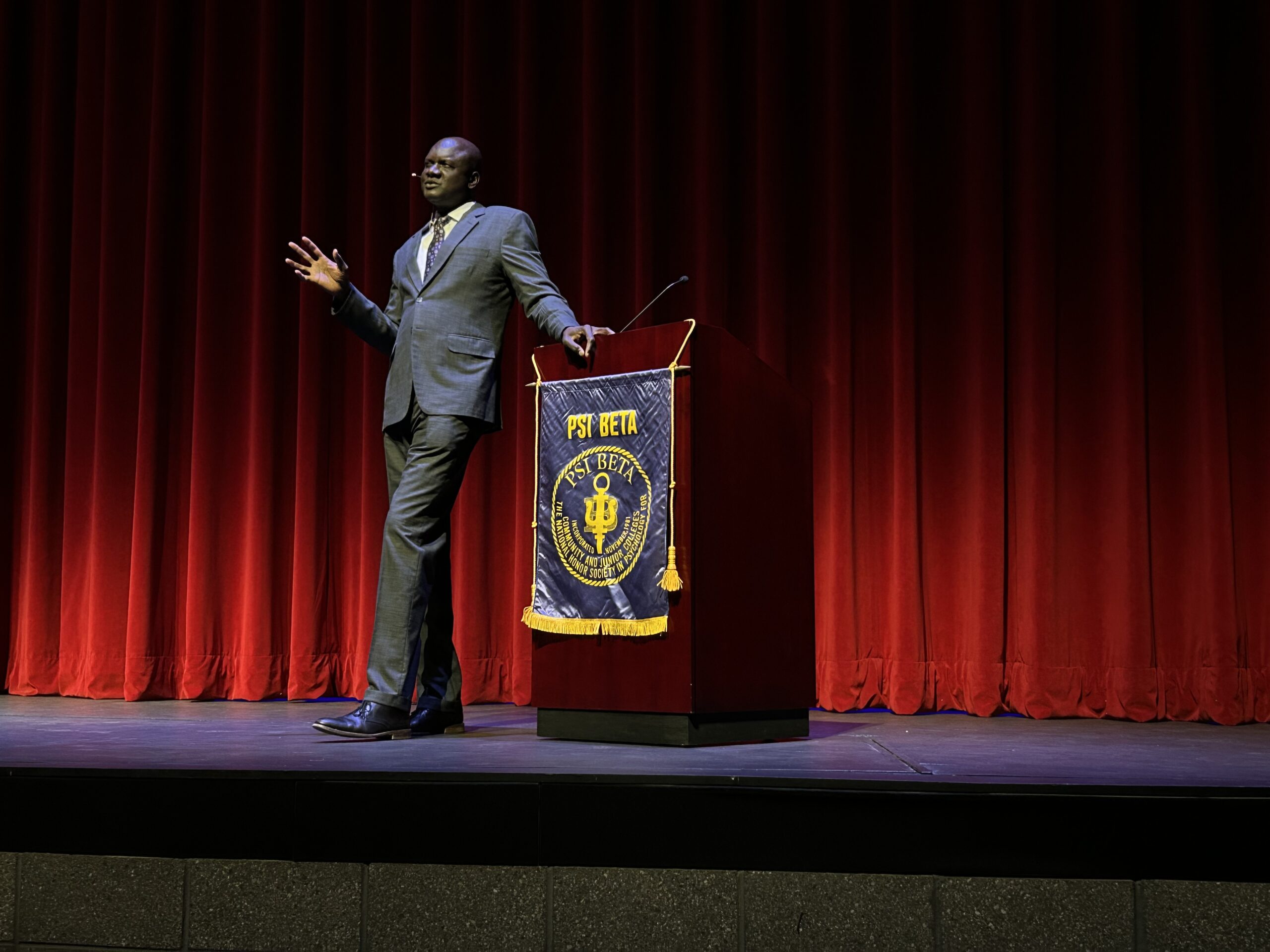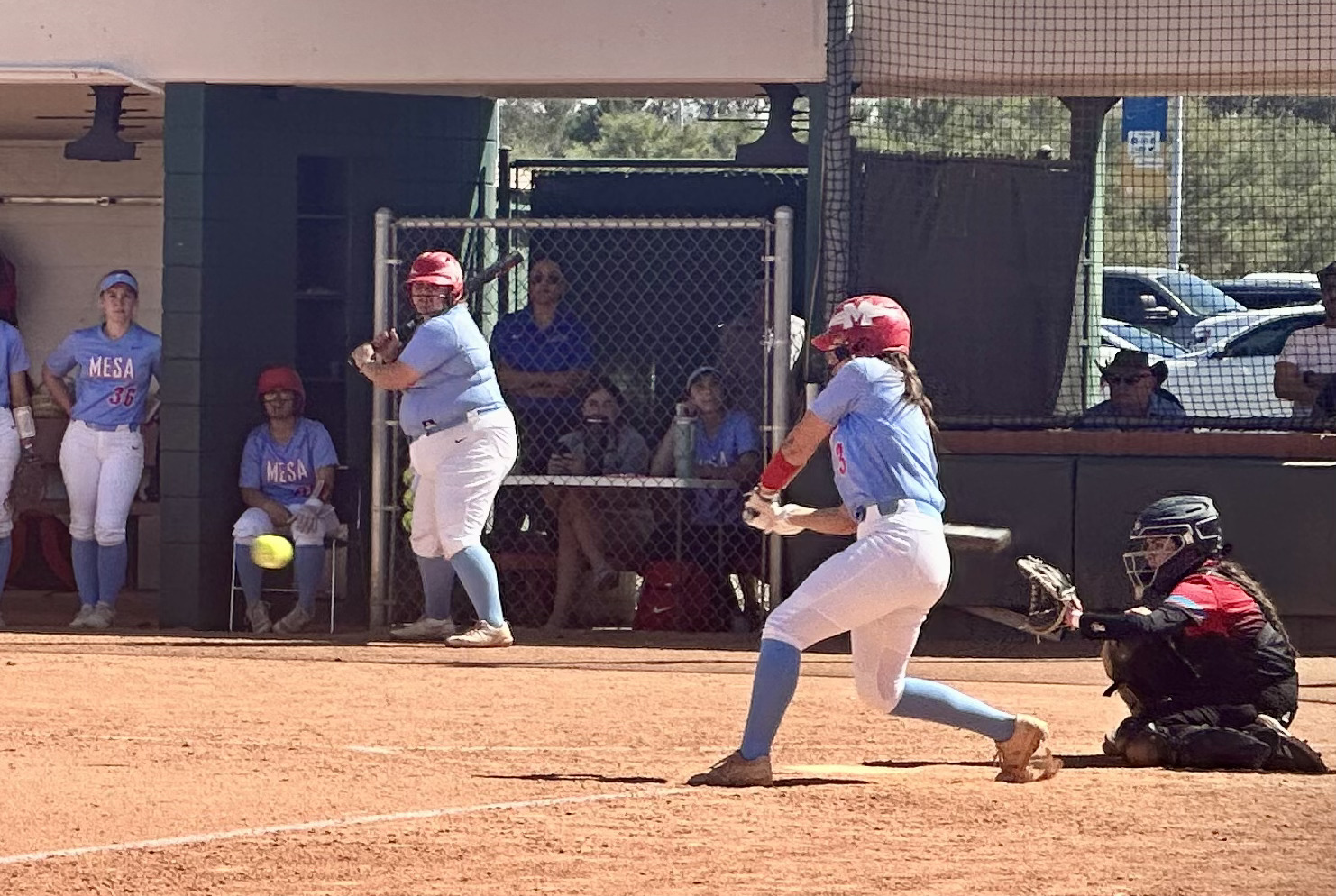Domestic violence not limited to women
Lulu Cardoso
Mesa Legend
One-fourth of all women will experience domestic violence from abusive relationships in their lifetime. While statistics are harder to find for men, according to SafeHorizon.org, 3 million men will experience domestic violence in their lifetime as well.Contrary to popular belief, abusive relationships and the violence inside of them is never about anger. “Abuse is about power and control. Most abusers are abusive in all of their intimate relationships but it can come in many different forms. Abusers are highly manipulative and will often demonstrate loving behavior in the early stages of relationships,” said Bonnie Black, professor of justice administration at Mesa Community College. “There are no triggers that automatically create an abuser but circumstances, events and other issues can impact on the level and frequency of the abuse. The bottom line is abuse is power and control based.” Abusive relationships take various forms, and while popular media and thought portrays them as physical acts with visible results, Black says that they take many forms.
“Abuse comes in a lot of forms, financially, psychologically, physically and sexually. The abuser uses a wide range of tactics to maintain and exert control, and each abuser is different. Many victims claim the emotional and psychological harm is much greater and lasts longer than physical abuse.” Male victims are often left in the cold, and homosexual relationships are also often ignored. “Victims come in all forms and can be men or women. Domestic violence is also in homosexual relationships. The dynamics are the same, power and control. There is a societal sigma that can prevent male victims from admitting they are abused at that time.” “If you know someone in an abusive relationship, it is important to give them information and educate them on the abuser tactics, dynamics and signs. Be there for them. Connect them to a support system or avenue for help is also important,” said Black. “Victims should be educated on safety planning; creating an action plan for the future should they need to escape. Legal options should be known including getting an order of protection. A good resource is the National Domestic Violence Hotline at http://www.thehotline.org/help/.”The hotline can also be reached over the phone at 1-800-799-SAFE (7233).









